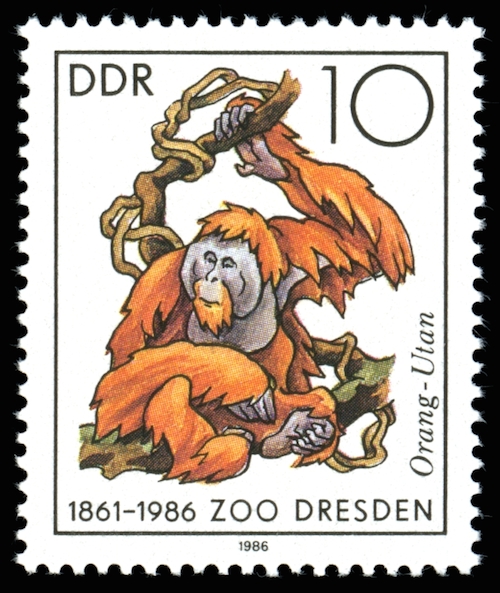 Culture & Ethics
Culture & Ethics
Great Apes Cannot Be Slaves

Because of the ridiculous politically correct times in which we live, I have to start this post by decrying the illegal poaching of great apes and the captivity of ape young that is threatening their numbers in the wild.
But we can decry such criminal activities — as part of our human duties toward these endangered animals, duties that are as exceptional as we are — without equating the wrong that is being done to human slave trafficking.
But that is precisely what one ape protection organization does. From a story in Business Insider:
Thousands of great apes are killed or trafficked into "slavery" each year in a multi-million dollar illegal trade that is driving some of man’s closest relatives towards extinction, conservationists said Tuesday. "Organized criminal networks, involving corrupt government officials, threaten great apes with extinction by trafficking them to be used as performers or pets," said Daniel Stiles, from the Project to End Great Ape Slavery (PEGAS), a campaign group launched Tuesday to raise awareness of their plight.
"To capture one infant ape, as many as 10 apes are ruthlessly killed… The orphans are sold into what can only be called slavery, as great apes are the closest species to humans," he added.
No! Kidnapping those schoolgirls in Nigeria and selling them as "wives" is slavery. The sex trafficking of children around the world is slavery. The poaching of apes is not slavery.
The words we use matter. Equating the sheer evil of the examples above with the wrongful slaughter and capturing of apes is to reduce "slavery" to something less than the wholly evil activity it is.
Abusive actions done to animals can be, as here, vile. But we should not conflate them with the worst evils done against humans. It creates a false equivalency, which in this case, was the explicit point.
